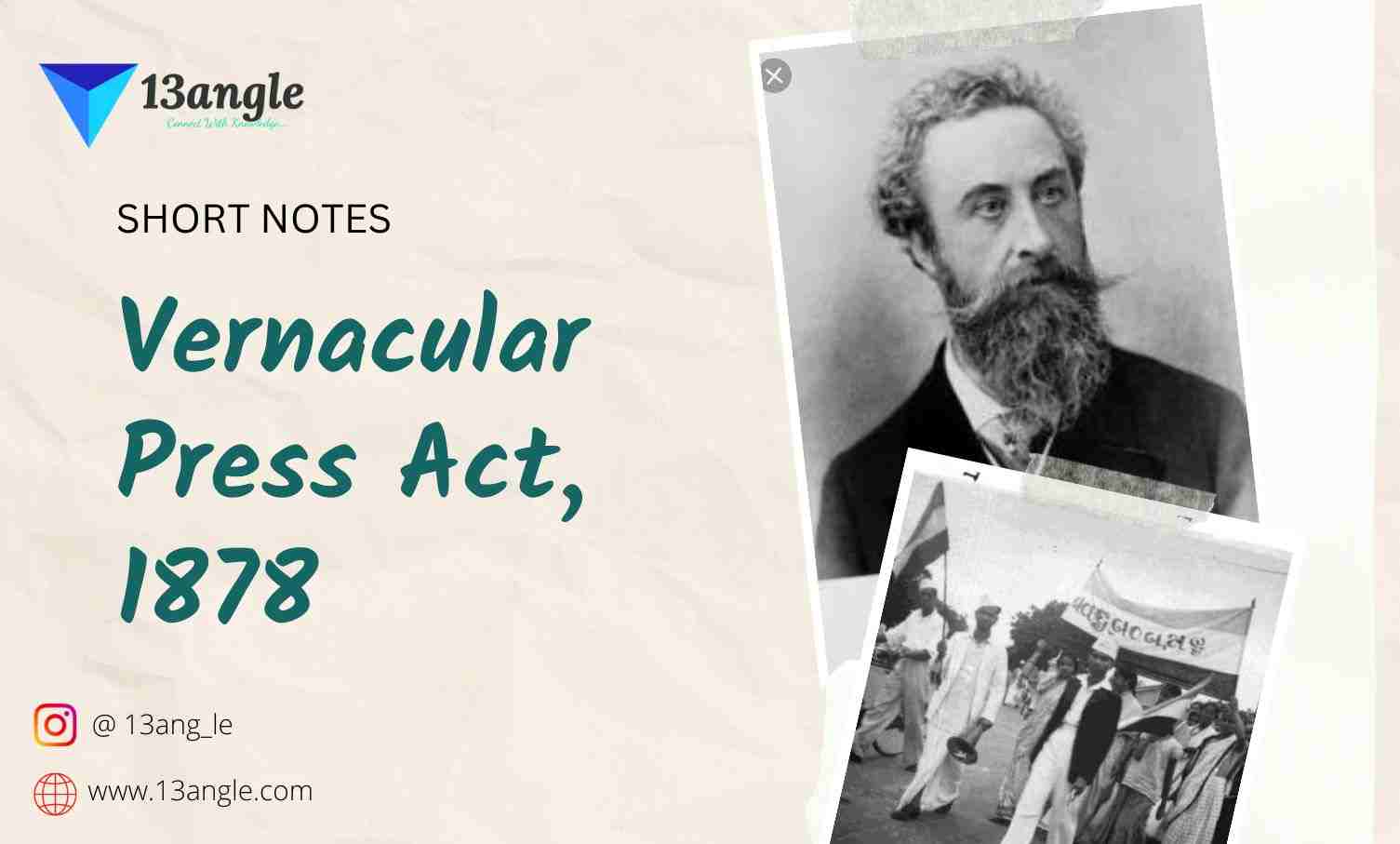The Hunter Education Commission was a British commission appointed in 1882 to examine the state of education in India. Here are some pointwise notes on the Hunter Education Commission:
The Hunter Education Commission was appointed by the British colonial government in India in 1882 to examine the state of education in India and to make recommendations for its improvement.
The commission was named after its chairman, Sir William Wilson Hunter, a prominent British civil servant and orientalist who had served in India.
The commission’s report, known as the “Hunter Report,” was published in 1883 and contained several important recommendations for the improvement of education in India.
The commission recommended the establishment of a system of universal primary education in India, with a focus on the education of girls and women.
The commission also recommended the establishment of universities in different regions of India, with the aim of promoting higher education and research.
The commission emphasized the importance of education in the mother tongue of the students, particularly at the primary level.
The commission recommended the introduction of vocational and technical education in India, with a focus on promoting industrialization and economic development.
The commission recommended the establishment of a central board of education to coordinate educational policies and standards across India.
The Hunter Report had a significant impact on the development of education in India and influenced the educational policies of the colonial and post-colonial governments.





